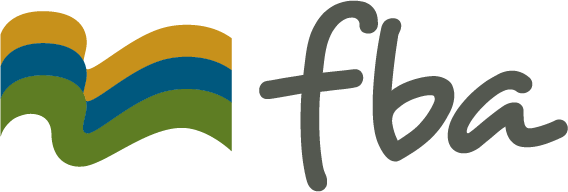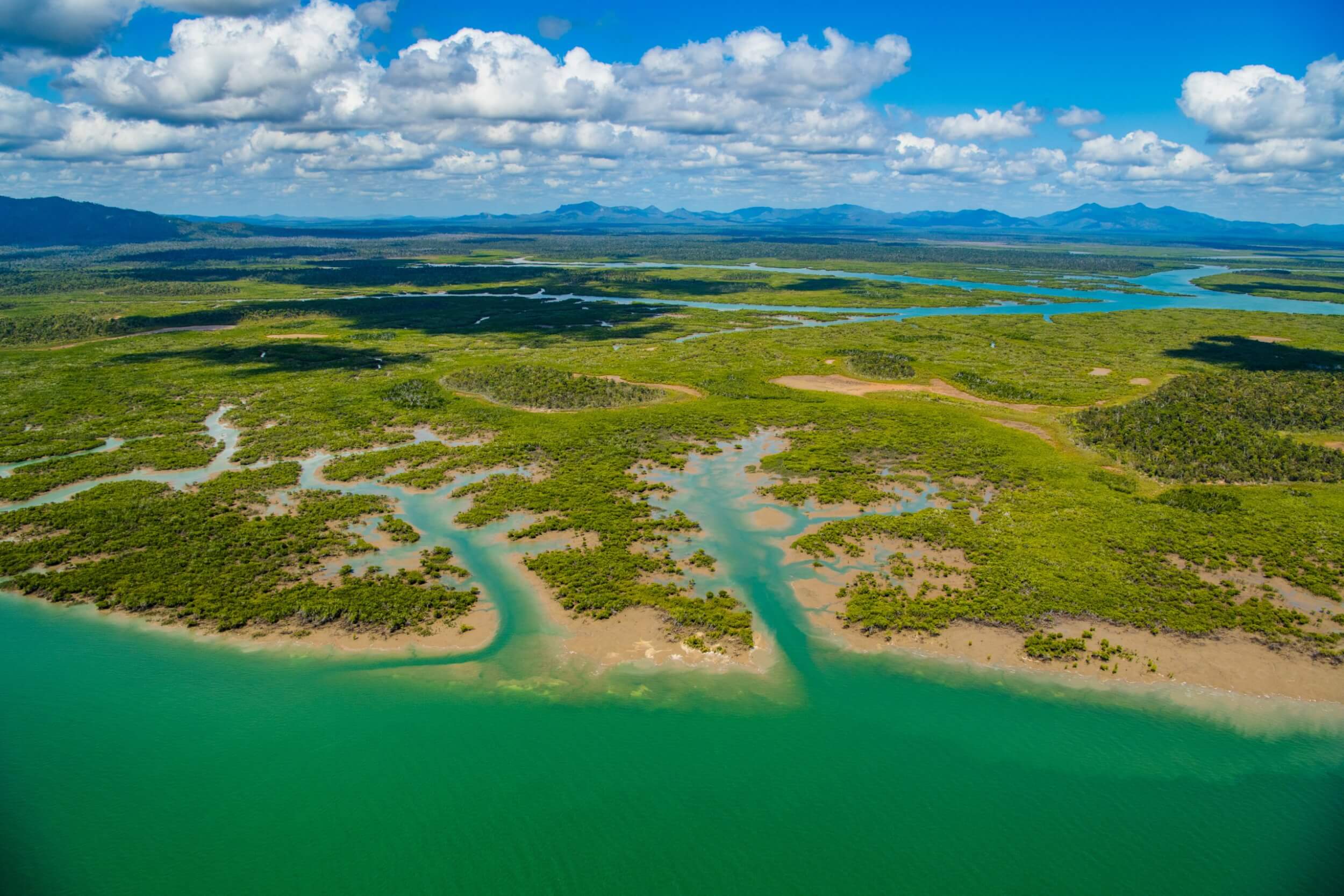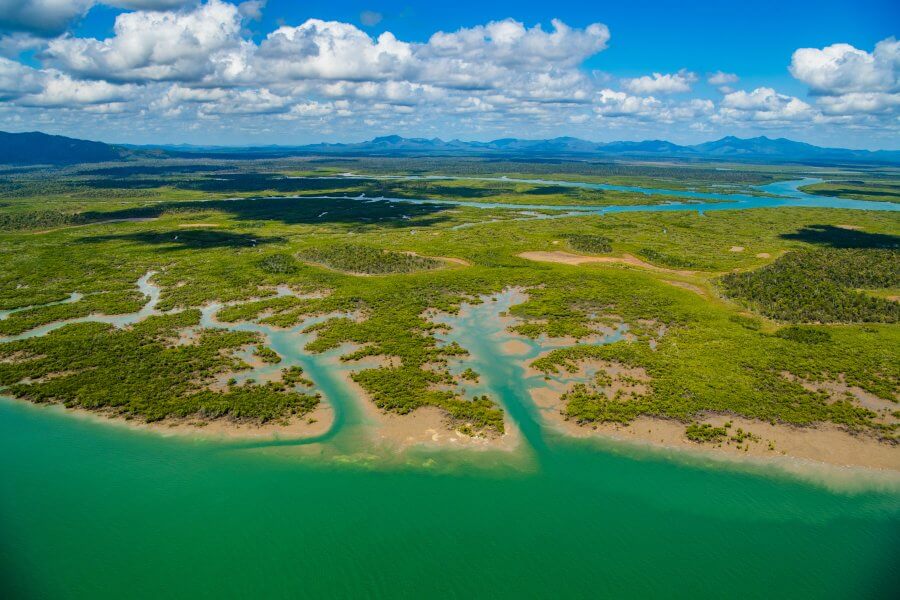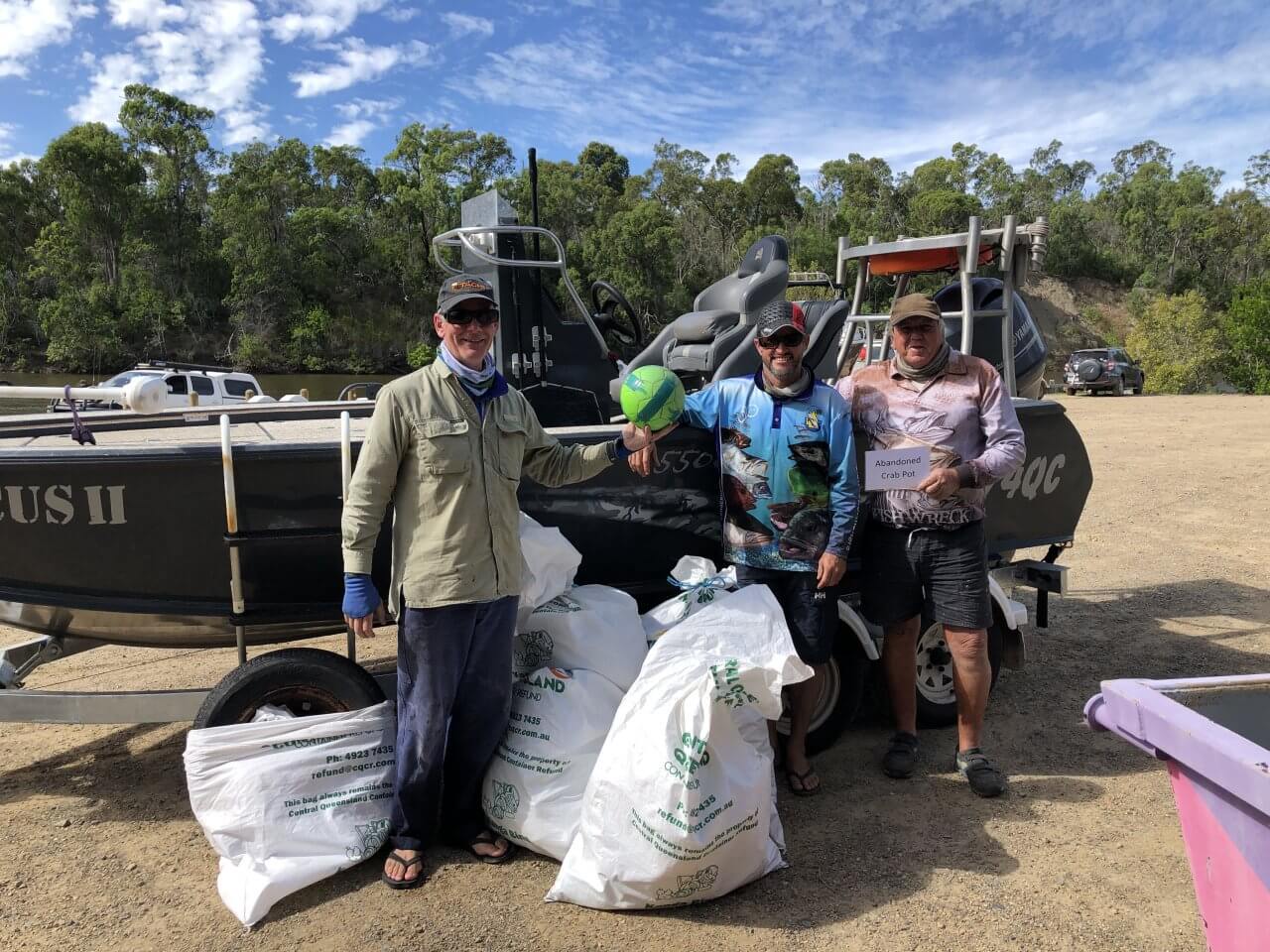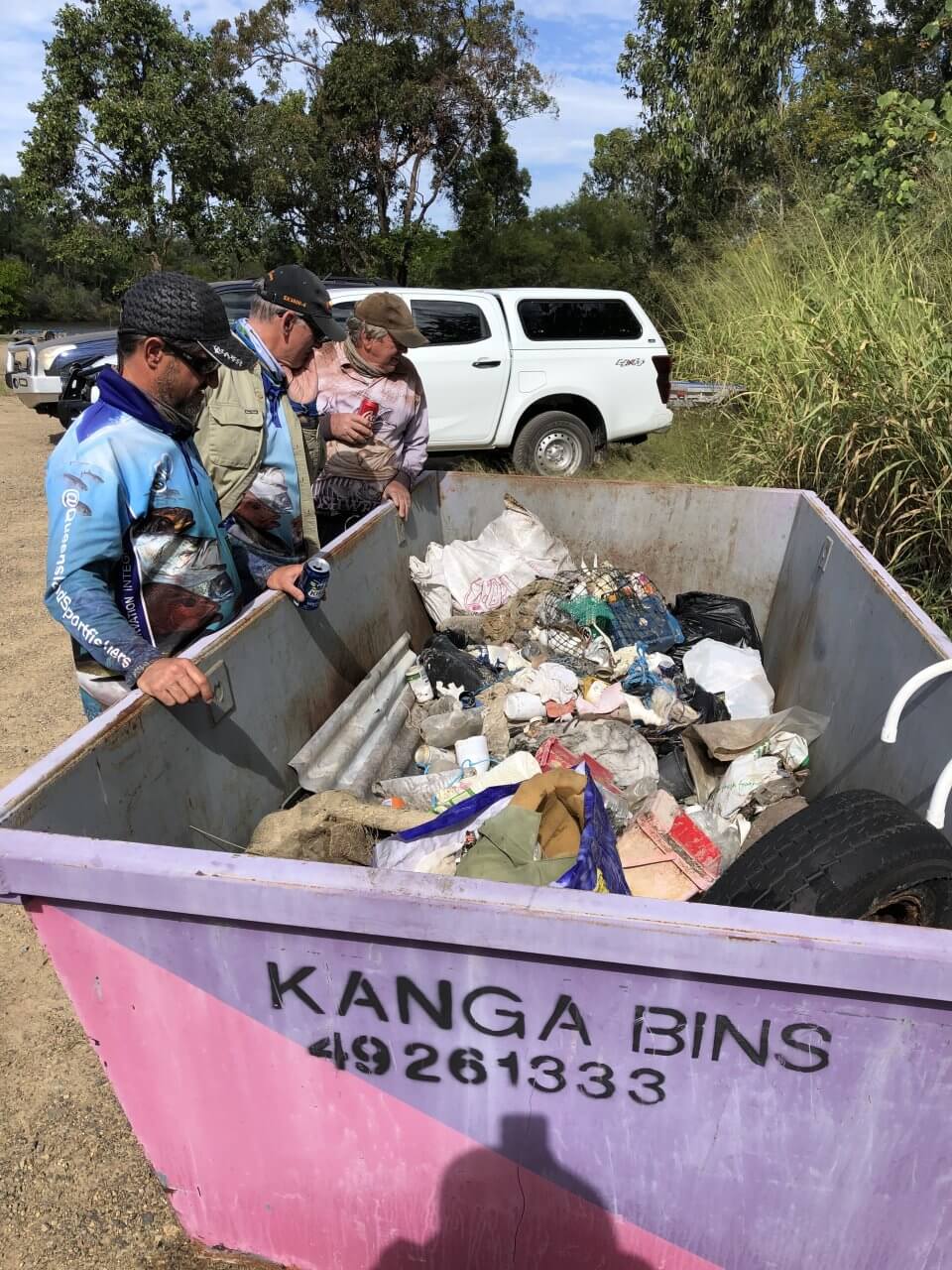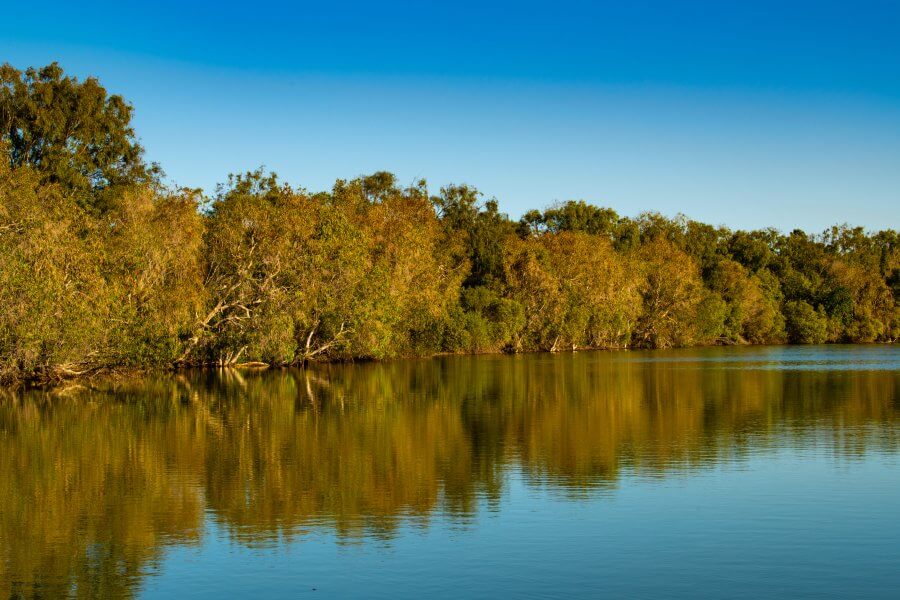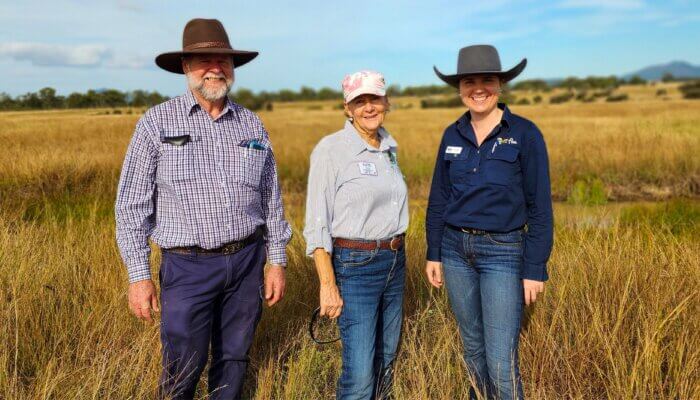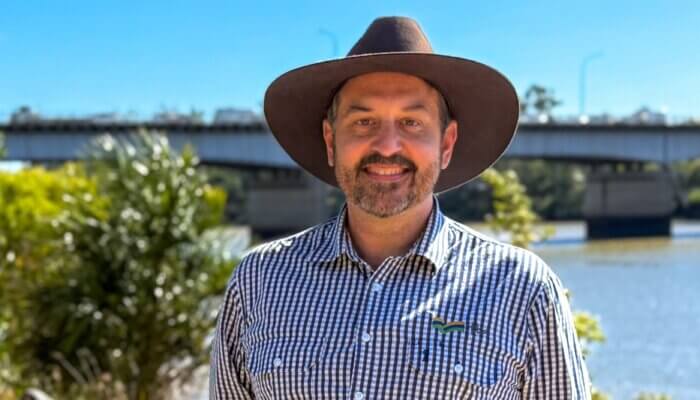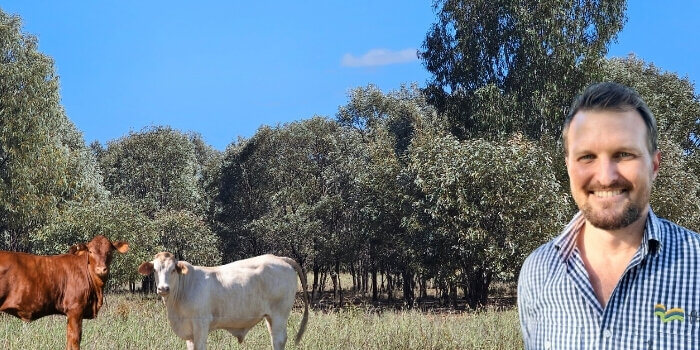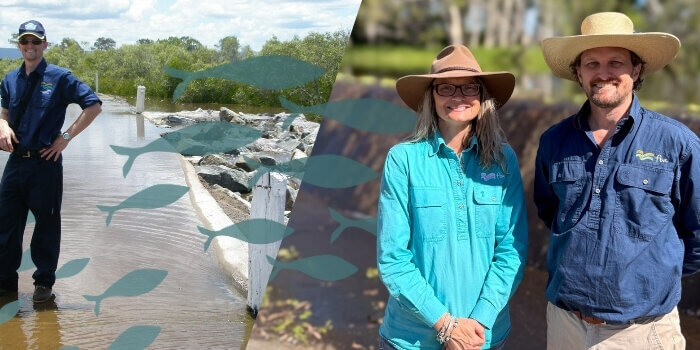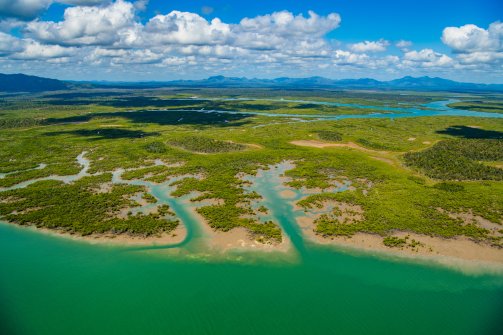
Celebrating World Wetlands Day at FBA
Posted on February 1st, 2024
When we think of wetlands we often think of swamps, mud flats and mangroves, but wetlands are some of the most valuable ecosystems on Earth.
Wetlands play a vital role in maintaining the delicate balance of our environment and can include coral reefs, billabongs, lakes, saltmarshes, swamps, mudflats and mangroves.
Today we’re celebrating these tranquil and delicate ecosystems, for World Wetlands Day!
This year’s theme is ‘Wetlands and Human Wellbeing’ which highlights the critical role wetlands play in enhancing our lives. Wetlands contribute to flood protection, clean water, biodiversity and recreational opportunities, all of which are essential for human health and prosperity.
Here in the Fitzroy Basin we have an array of wetlands.
We spoke to a few FBA staff from the environment team about what they love about our region’s wetlands and the work we’re doing to protect them.
FBA’s Acting Environment Coordinator Mac Hansler said he recently worked on a Fisheries Habitat Restoration Program that helped bring volunteers together to remove rubbish from the internationally significant wetland area and Ramsar site, Corio Bay.
“Over five event days, 36 volunteers used 20 boats and put in 183 hours of their time to remove 525kg of rubbish from Corio Bay and its associated waterways from May 2021 to September 2022,” Mac said.
“This is an area that would rarely, if ever, receive support for clean-up events and supports a swathe of native plant and animal species.”
FBA Acting Environment Coordinator Mac Hansler said.
“So it was really special to be able to give back to this vital ecosystem, and support the CQ fishing community through this FBA program.”
Bethlea Bell is FBA’s Science Communication Officer and she said she loves the abundance of life found in a wetland.
“I find the transformation of ephemeral wetlands particularly fascinating once heavy rain fills them again,” Bethlea said.
“My favourites are the swampy ephemeral wetlands south of Rockhampton after rain, with frog choruses ringing out across the landscape.”
FBA Science Communication Officer Bethlea Bell said.
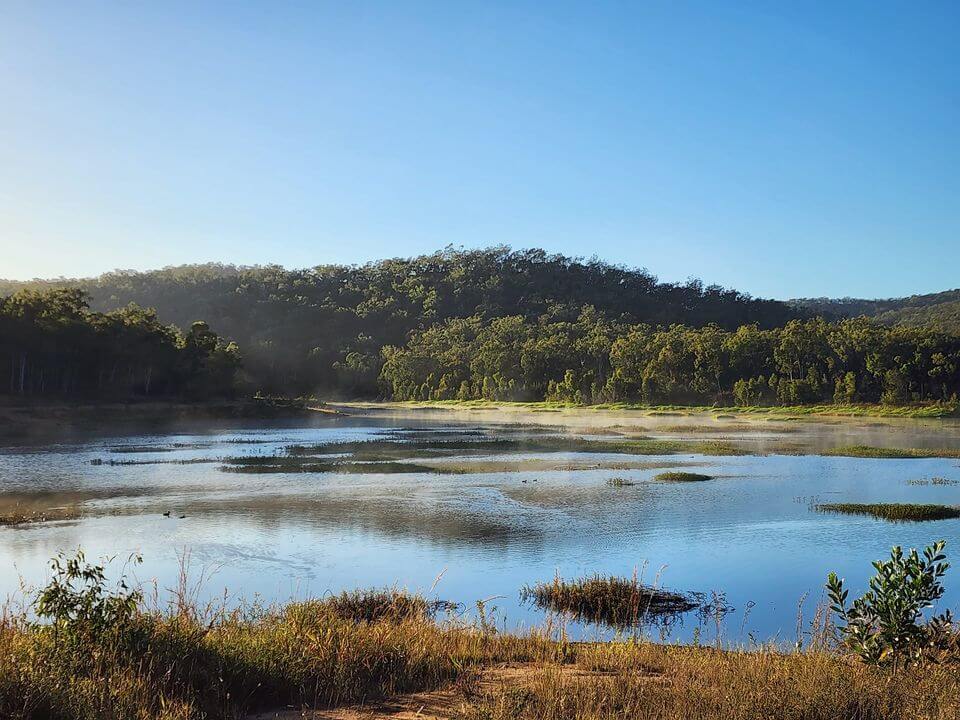
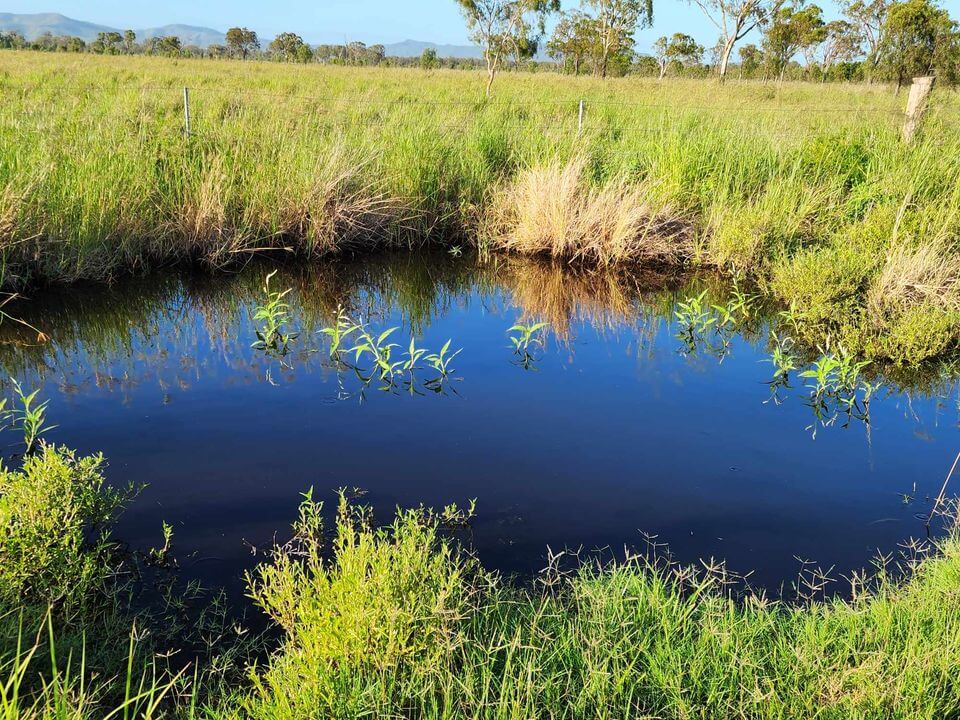
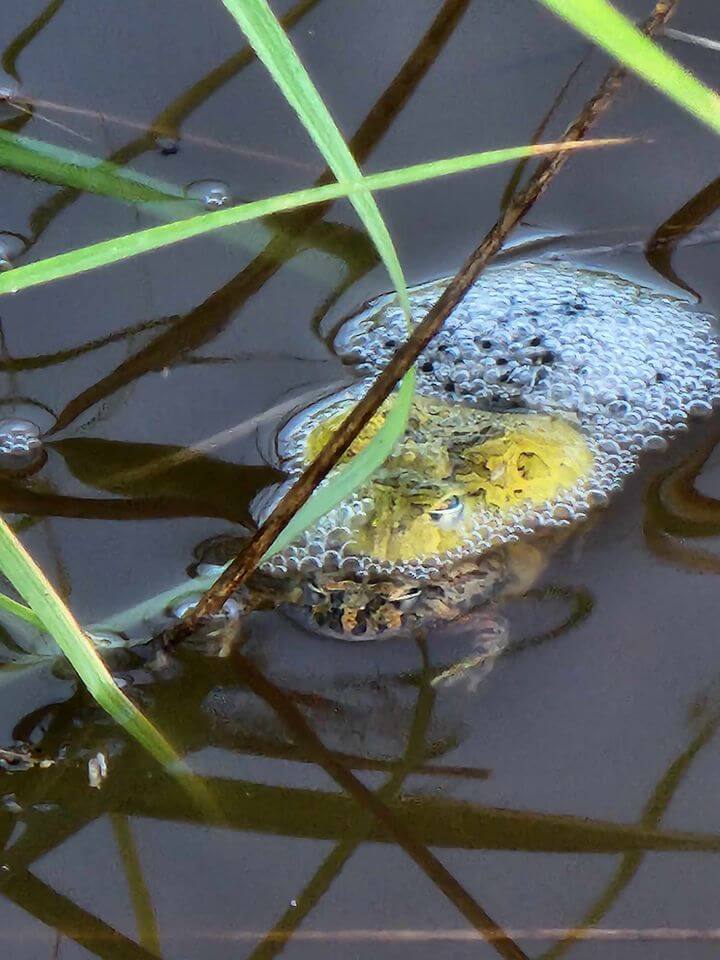
Environment Project Officer Mark Schultz has worked on a number of FBA programs to protect local wetlands.
One of these is about sourcing population information on the critically endangered Capricorn Yellow Chat, a bird that breeds within wetlands and marine plains.
“The Capricorn Yellow Chat is only found in Central Queensland in a few locations between Gladstone and Broadsound,” Mark said.
“It is estimated that the total adult population is just 300 birds which inhabit wetlands and associated grasslands on seasonally inundated marine plains.”
Environment Project Officer Mark Schultz said.
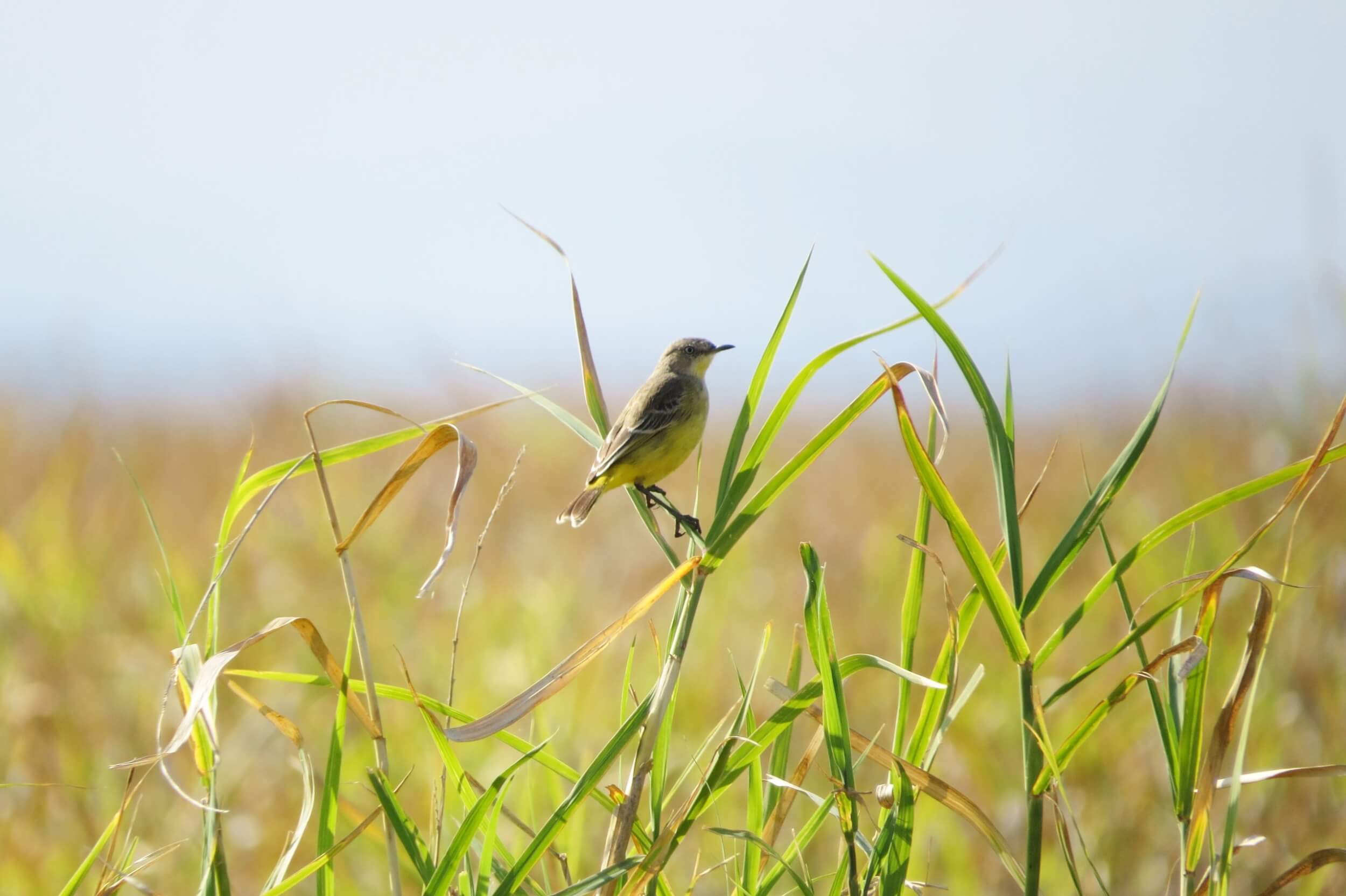
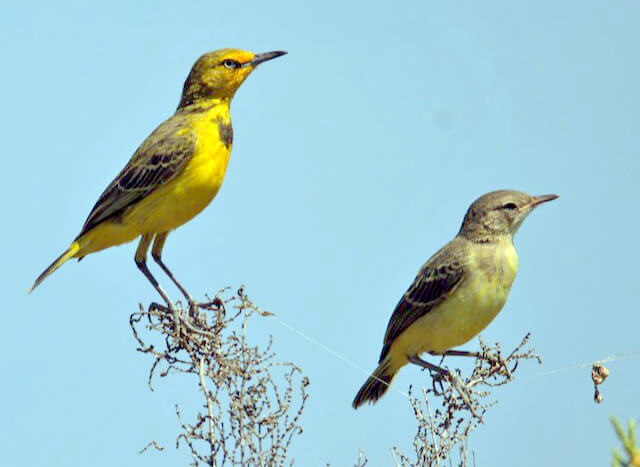
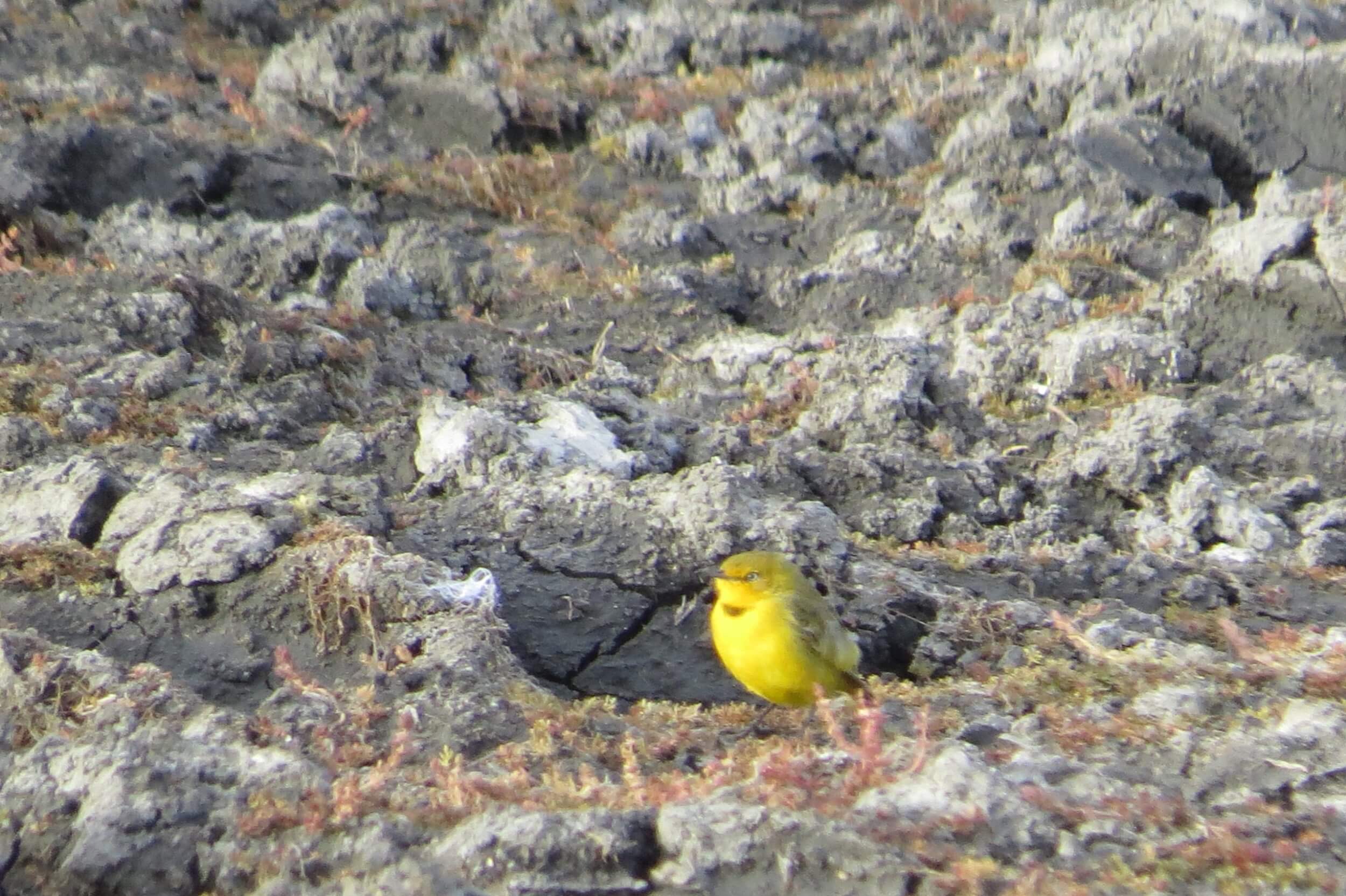
The project is funded by Federal and State Government and FBA has been working with Birdlife Capricornia since 2021 to complete a full census of the Capricorn Yellow Chat, a task that has not been done since 2015.
“The information gained on population, distribution, trends and observed threats will contribute to the conservation of the Chat by providing the knowledge necessary to implement on-ground actions,” Mark said.
Mark has also been involved in a program where FBA staff worked with a landholder to reduce sediment runoff to the ecologically significant Nankin Wetlands.
“The Nankin wetlands are listed as matters of state environmental significance and contain important habitat for waterbirds, fish and aquatic plants,” Mark said.
“FBA worked with the landholder to build water spreading banks above the wetland, which have reduced sediment run-off to the wetland, to slow water flow, reduce erosion and rehabilitate the highly erodible saline scalding which exists at this site.”
To keep our wetlands healthy, here are a few tips on what you can do to enjoy and protect these crucial ecosystems.
- Don’t dump rubbish, weeds or invasive species such as aquarium fish in wetlands
- Keep pets under control
- Find out about wetlands and what makes them special; read more here
- Make the most of wetlands by walking, boating, bird watching and fishing
- Find a local wetland on a map and see how it supports the surrounding landscape
- Join a local conservation group that cares for wetlands
Most Queensland freshwater wetlands are on private land so landholders can play a role in protecting wetlands. If you are a private landholder, you can:
- Learn how the wetland works and how to manage it sustainably
- Establish a Nature Refuge
